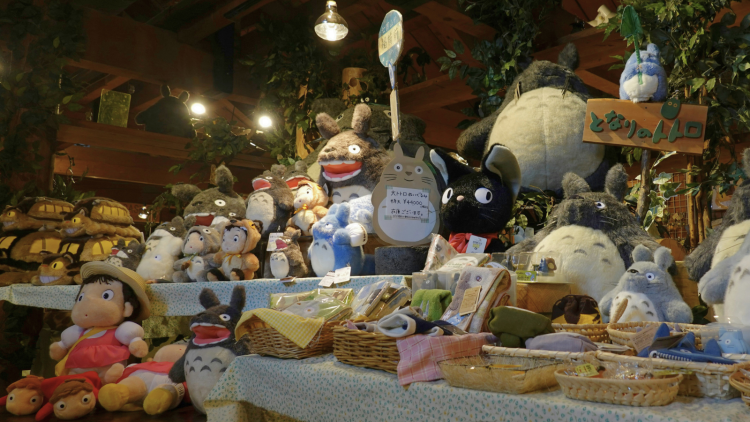Careers: SOAS radically changed the way I think about literature as a powerful tool



Zaahida Nabagereka did her BA, MA and PhD at SOAS and now works as Head of Social Impact at Penguin Random House UK. She chose to study at SOAS because of the diverse curriculum you don't get taught at school and she now aims to make the publishing industry more diverse and inclusive.
Could you give us a brief overview of your current role and what you do on a day-to-day basis?
I’ve been at Penguin Books since January 2021; I started as Lit in Colour Programme Manager, a campaign founded by Penguin and the UK’s leading race equality think tank, The Runnymede Trust. It’s a campaign all about supporting UK schools to make the teaching and learning of English Literature more inclusive of writers of colour. It’s a key strategic inclusion activity that works with different education and publishing stakeholders.
I’ve been on a secondment in an acting-up role as Head of Social Impact since January 2022. This widened my remit to oversee all the Social Impact programmes Penguin runs. There are three flagship programmes; WriteNow, which is a programme that nurtures underrepresented talent, World of Stories, which supports primary school library provision and Lit in Colour.
For the last 15 months, my day-to-day has entailed 1:1 meetings with members of the social impact team, progress meetings with partners on key projects, relationship building with colleagues from across the business and answering a lot of emails!
What motivates you in your role?
I am motivated by the opportunity to change complex systemic issues. As I am now transitioning back into a role that focuses on Lit in Colour again, I am really aware of how challenging this is to do.
The Lit in Colour research we published with Runnymede Trust in 2021 highlighted the main barriers to why teachers in the UK do not teach more texts by writers of colour, but what we have managed to do through convening different stakeholders really speaks to the power of collaboration.
This scenario has no one-size-fits-all, but the great thing is that both teachers and students want change.
Why did you choose to study at SOAS?
I chose to study at SOAS because I wanted to learn about the 80% of the world you do not get taught about in school. I used four out of my five UCAS applications for SOAS; there was nowhere else I wanted to be.
Having spent some of my childhood in Uganda, the country where my father is from, I wanted to learn about East Africa as most of my formative as well as happiest memories are from when I lived in Kampala.
If it was not for my time at SOAS, I would not be in the role that I am now.
What makes SOAS stand out?
For me, SOAS will always be a place that challenges the status quo and encourages you to look up and out, considering how and why the world is the way it is.
How do you feel that your studies at SOAS helped to prepare you for this role?
If it was not for my time at SOAS, I would not be in the role that I am now. The literature courses that I took at SOAS were transformative for me as they radically changed the way I think about literature, and I now work for a publisher, so it makes sense.
SOAS gave me something else in my study of literature: just how inspirational and powerful a tool it is. When you get to study a true diversity of texts, it just opens up how amazing it is. Sadly at secondary school in this country, you only get a minuscule understanding of what literature really is.
I was at SOAS for ten years, my BA, MA and PhD. I am so glad I am able to use all the knowledge I gained to make a difference in the world.
What did you enjoy the most about studying at SOAS? Do you have a particular favourite memory?
I have so many across my time at SOAS! One from my BA was when Manu Chao visited SOAS and started playing the guitar and singing some songs in the JCR outdoor area. From my MA, it was getting my distinction, as I did it part-time so I could work. I also used my dissertation as the basis for my PhD. While on my PhD, some of my favourite memories would be in the doctoral school having dinner with other PhD students.
What piece of advice would you give to someone looking to get into your field of work?
I didn’t expect to be in the industry that I’m in now, but looking at my skills and experience, it makes complete sense, so I would say be open to how you think about your career, allow yourself to see all the different options, and then go with your gut.
What are your hopes for the future?
One day I would love to come back and lecture at SOAS! It will always feel like home.




